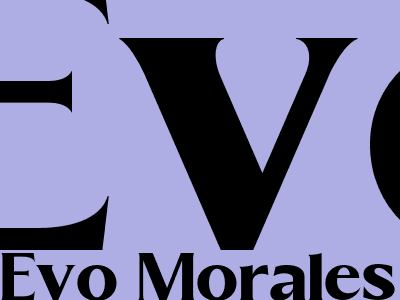
Evo Morales
Evo Morales: A Political Enigma
Early Life and Career
Evo Morales was born to an Aymara family in the rural village of Isallavi, Bolivia. His early life was marked by poverty and discrimination, shaping his political views and unwavering commitment to social justice. After joining the coca growers' movement, Morales emerged as a prominent leader, actively advocating for the rights of indigenous communities.
Rise to Power
Morales' political career took a significant turn in 1995 when he co-founded the Movement for Socialism (MAS). Riding on a wave of popular support, MAS won the 2005 presidential election, making Morales the first indigenous president of Bolivia. His election marked a historic shift in Bolivian politics, as indigenous communities gained representation at the highest levels of government.
Presidential Tenure
Morales' presidency was characterized by significant social and economic reforms. He nationalized key industries, including oil and gas, and implemented social programs aimed at reducing poverty and inequality. These policies initially enjoyed widespread support, but later faced criticism amid concerns over corruption and authoritarian tendencies.
Economic Growth and Stability
Under Morales' leadership, Bolivia experienced a period of economic growth and stability. By implementing prudent fiscal policies and investing in infrastructure, the country's GDP grew significantly. Morales also prioritized social spending, expanding access to education and healthcare, which contributed to improved living standards for many Bolivians.
Controversies and Legacy
Morales' presidency was not without its controversies. Accusations of corruption, suppression of dissent, and authoritarianism plagued his administration. In 2016, he attempted to amend the constitution to allow him to run for a fourth term, but failed after facing widespread opposition. This event ultimately led to his resignation in 2019 following a contested election.
International Influence
Morales played a prominent role on the international stage, advocating for indigenous rights and environmental protection. He was a key figure in the ALBA (Bolivarian Alliance for the Peoples of Our America), a regional bloc promoting Latin American unity and integration. Morales' influence extended beyond South America, as he fostered closer ties with countries in Asia and Africa.
Legacy and Impact
Evo Morales' legacy remains complex and contested. Supporters hail him as a champion of the poor and a tireless advocate for indigenous rights. Critics point to his authoritarian tendencies and economic mismanagement. Despite these controversies, Morales' presidency undoubtedly left a lasting impact on Bolivia, ushering in a period of profound social and economic change. His rise to power and subsequent downfall serve as a reminder of the complex challenges faced by Latin American leaders seeking to balance economic progress with social justice and democratic principles.
Comments